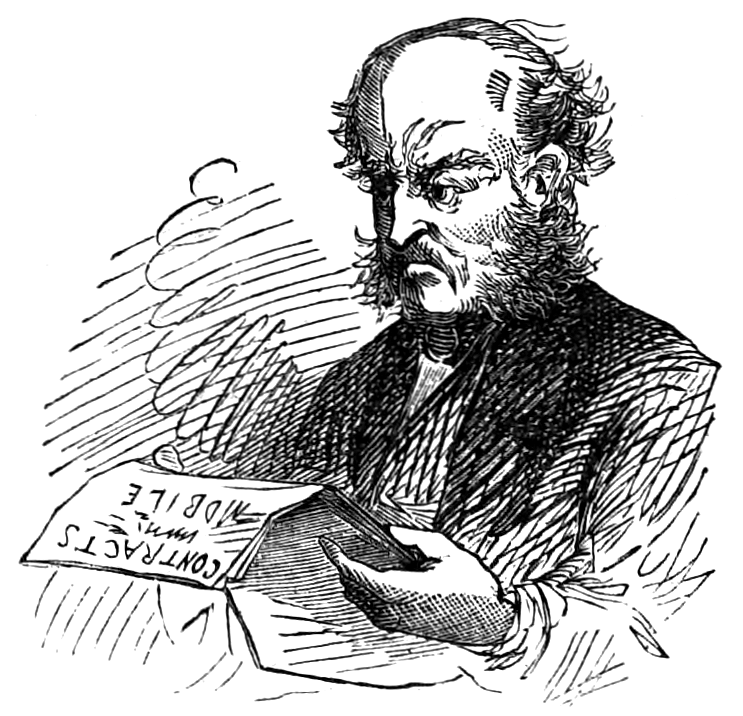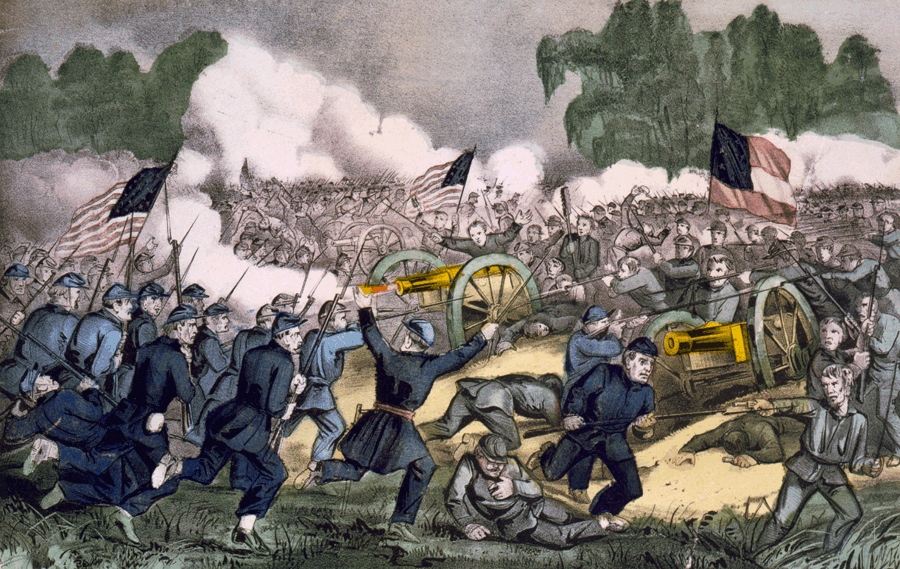
Portrait of Elon Musk. Photograph by Debbie Rowe, July 13, 2018, via Wikimedia Commons, CC BY-SA 3.0
The first thing to understand about Elon Musk’s poll on Twitter, asking whether Donald Trump should return to the platform, which is true of any poll on Twitter, is that it does not rely on representative sample. It is rather what is called a “snowball” sample. Musk has his followers, many of whom saw and responded to the poll, some of whom retweeted it, so that others, including his non-followers might respond. As word spreads, some other folks on Twitter looked on Musk’s timeline and found the poll, responding and retweeting in turn. Read more



